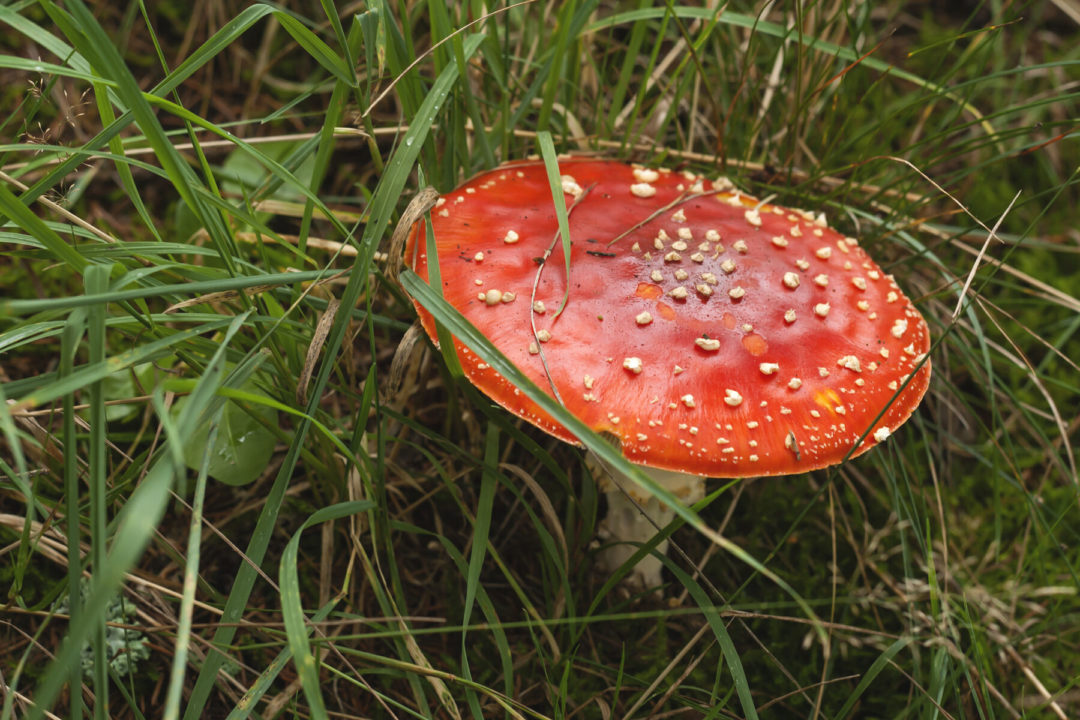The researchers recruited participants in the United States and Canada, assembling a sample of 313 people who reported they had taken a dose of a psychedelic drug in the past that they believed contributed to “relief from the challenging effects of racial discrimination.” The sample comprised adults who identified as Black, Asian, Hispanic, Native American/Indigenous Canadian, Native Hawaiian and Pacific Islander.
Participants completed questionnaires regarding their past experiences with racial trauma, psychedelic use, and mental health symptoms, and were asked to recall a memorable psychedelic experience and its short-term and enduring effects. Experiences occurred anywhere from a few months to 10 years before the study.
The participants in the retrospective study experienced trauma due to unfair treatment by neighbors, teachers, and bosses; false accusations of unethical behavior; and physical violence. Commonly reported issues included feelings of severe anger about being subjected to a racist act and wanting to tell someone off for racist behavior, but saying nothing.
Researchers asked participants to recall the severity of symptoms of anxiety, depression, and stress linked to racial trauma in the 30 days before and after the experience with psychedelic drugs. Taking into consideration the fact that subjection to racism is a lifelong problem rather than a single event, the researchers also assessed symptoms of PTSD.
Related: Dr. Bronner’s Celebrates Psychedelic Voter Initiatives Creating Systemic Change in the Natural Products Industry Dr. Bronner’s Heal Soul Campaign Supports Psychedelic-Assisted Therapy, Medicine
All participants recalled their anxiety, depression, and stress as being lower after the memorable psychedelic experience than before. The better the psychedelic experience, the greater the reduction in symptoms."Their experience with psychedelic drugs was so powerful that they could recall and report on changes in symptoms from racial trauma that they had experienced in their lives, and they remembered it having a significant reduction in their mental health problems afterward," said Alan Davis, co-lead author of the study and an assistant professor of social work at The Ohio State University. "What this analysis showed is that a more intense mystical experience and insightful experience, and a less intense challenging experience, is what was related to mental health benefits.”
Davis notes that this is just the beginning of potential research in this area. "This was really the first step in exploring whether people of color are experiencing benefits of psychedelics and, in particular, looking at a relevant feature of their mental health, which is their experience of racial trauma," he said. "This study helps to start that conversation with this emerging treatment paradigm."










